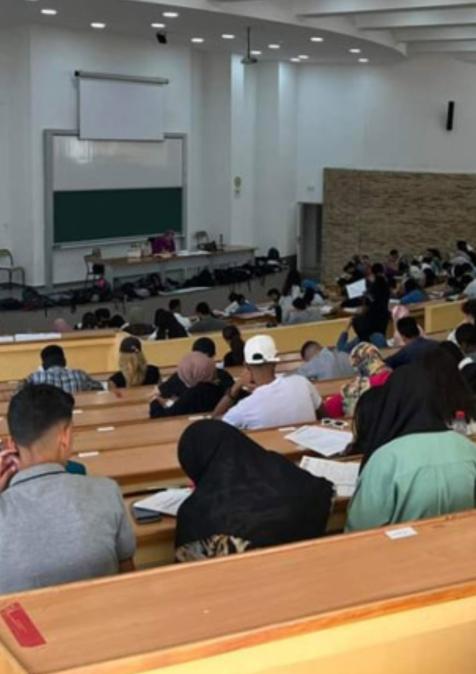Publications /
Paper in Academic Journals
This Paper was originally published on sciencedirect.com
The gender gap in education has been a significant concern for Moroccan policymakers and researchers, but the quantitative measurement of this gap has often been overlooked. This study specifically examines the gender gap in academic achievement in reading and mathematics at both the national and residential levels. The objective is to identify the factors that influence gender performance differences and their magnitude. To achieve this, microlevel data from 5427 students extracted from the PIRLS 2016 and TIMSS 2015 surveys were analyzed. The Blinder-Oaxaca (1973) decomposition technique was employed to assess the significance of the differences and to break down the performance gaps by incorporating explanatory variables related to schools, teachers, and students’ characteristics. The results reveal a significant gender difference in favor of girls in reading, both nationally and in urban areas. In mathematics, the gender gap is not statistically significant and is approximately 3 points at the national level. Only 29% of the reading gap can be explained by the selected variables, while this percentage is around 20% for the math gap. Pre-school attendance, maternal education, schools, and schools’ characteristics are identified as significant factors influencing the reading gap at the national and urban levels. In contrast, at the rural level, home conditions and the characteristics of the school and teacher play a more decisive role.











